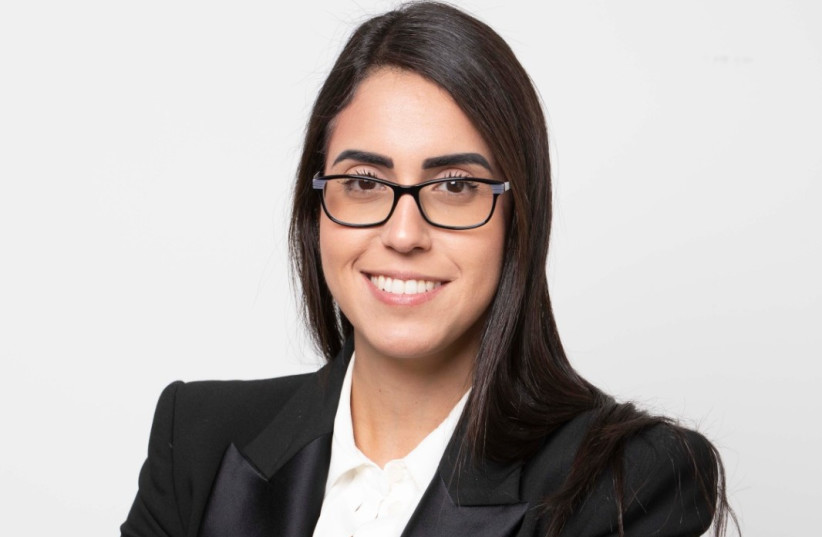Israeli foodtech startup Maolac is developing a nutrient-rich superfood based on one of the most miraculous nutrient sources known to humankind: breast milk. The company’s product has such promise that it recently raised $3.2 million in seed funding to further develop and expand.
By extracting proteins in bovine colostrum and plant-based analogs, Maolac is able to create a superfood with the same nutritional benefits as human breast milk. The company claims that it is the first organization in the world to create functional milk proteins from bovine colostrum, a milky fluid produced in the cow's udder which gives newborn calves their required nutrients.
At present, more than five billion liters of bovine colostrum are currently dumped in drains at dairies around the world every year.
“The idea of transforming the first, nutrient-rich milk of cows that have just given birth into a source for human protein is a stroke of pure genius.”
Jon Medved, OurCrowd CEO
The Israeli startup has therefore found a way to convert the wasted colostrum into a formulated mixture that can strengthen immune systems and help maintain a balanced digestive system.
<br>Font of ideas
Maolac was co-founded in 2018 by biomedical engineer Maya Ashkenazi-Otmazgin, immunity expert Dr. Ariel Orbach and Mr. Eli Lerner. Maya was nursing her first child when a moment of inspiration hit her: A vision of harnessing the health benefits of breast milk to create a superfood, which would be available to everyone, including adults, athletes, the elderly and pets.

Maolac will use the seed funding to build a state-of-the-art facility that will feature small-scale production capabilities, and will be able to create analytics and samples for customers and clinical trials. The startup is in advanced discussions on joint development agreements with several leading Israeli companies in the food and supplements markets, and is in talks with several of the world's leading dairy protein producers and global dairy, ingredient and supplement companies.
“The new investment will help Maolac disrupt the global immune-boosting market,” said Ashkenazi-Otmazgin. “The facility we'll be able to build will help introduce our human functional milk proteins into new segments and enable the product to target a variety of food products for daily consumption.”
<br>Anti-inflammatory product
The first Maolac product line consists of a highly potent anti-inflammatory product for humans. Initially, this will target athletes to help reduce muscle strain and improve recovery time. The product line will also target the elderly, to support active living and improved mobility. It will form the basis for the next generation of gut health solutions for humans and pets to help prevent severe cases of gut inflammation.
Unlike other functional ingredients, Maolac’s active ingredients work like human breast milk to directly target specific body functions. The ingredients travel through the bloodstream or the gut, resulting in higher overall efficacy at lower dosages, making its products cost-effective to produce.
Jon Medved, CEO of funding round leader OurCrowd, said, “The idea of transforming the first, nutrient-rich milk of cows that have just given birth into a source for human protein is a stroke of pure genius. Billions of liters of bovine colostrum are discarded each year. Maolac takes this waste and creates a product of huge potential benefit to millions at a time when the world is desperately searching for new sustainable sources of protein. The company is a perfect example of the circular economy in action.”
